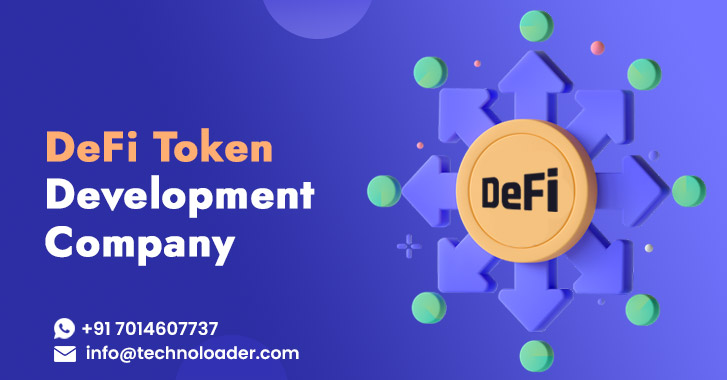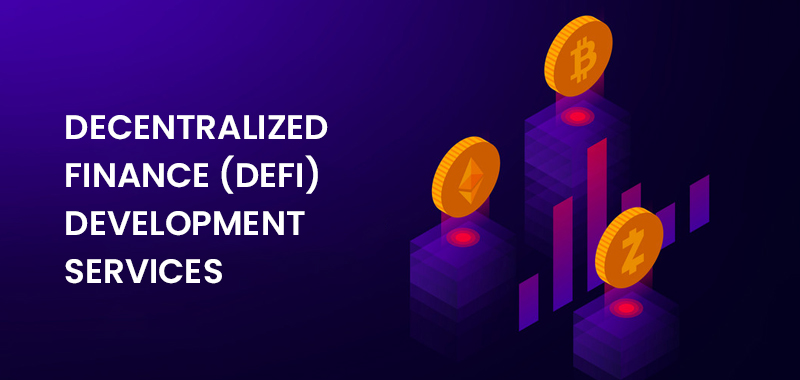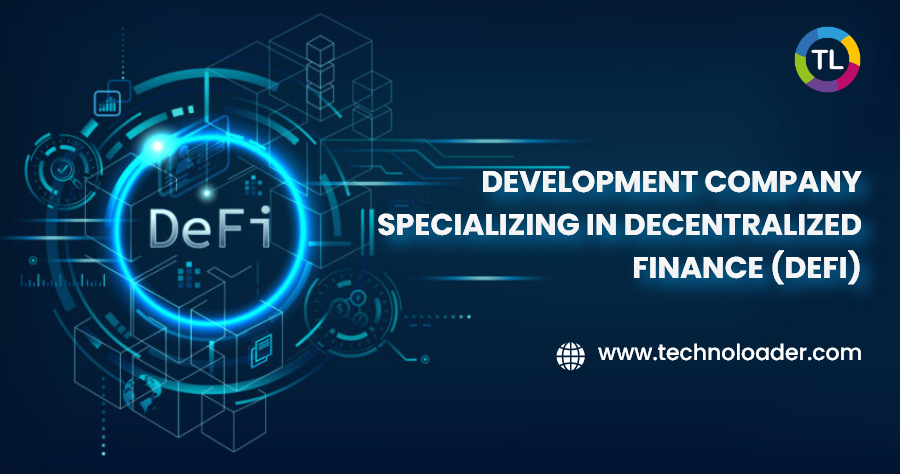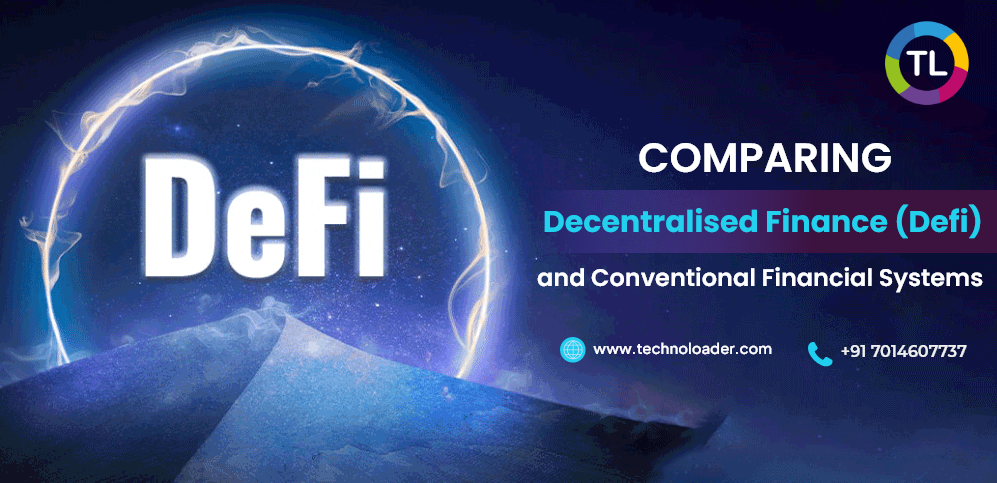The talk about the new emergent phenomenon of decentralised finance (DeFi) versus traditional finance never seems to go out of fashion. With the blockchain network gaining more traction and driving positive growth, it is only relative that we discuss and discover what these two financial mediums hold for the future growth of the financial industry as a whole.
What is decentralised finance? What is traditional finance?

- Decentralised finance (DeFi) is a new blockchain-based financial system that enhances the use of cryptocurrencies, exchange platforms, and financial services. There are no intermediaries involved in these transactions, as they all happen on the blockchain.
- Traditional finance comprises the financial institutions and systems set in place to manage user and investor finances and assets. The institutions include banks, specialised financial intermediaries that help users store, invest, or transfer funds from one place to another.
Characteristics and benefits of decentralised finance (DeFi)

- Permissionless DeFi. With crypto wallets and internet access, DeFi services are available. Users can trade and move digital assets anywhere. Permissionless payment ecosystems are vital aspects of decentralised finance (DeFi).
- Secure and flexible. They offer highly flexible and secure ways to keep financial resources in their systems.
- Real-time transactions. Decentralised finance transactions happen in real-time on the blockchain network. And when transactions are done, all details are updated in real time every day on a distributed ledger system.
- Transparent transactions. All transactions on the blockchain are tracked using the blockchain explorer and distributed ledger. The transaction level, data safety, security, and transparency ensure all users can view network activity at anytime.
- Open-source DeFi protocols. There are open-source code protocols for developers or users to view and understand. It simplifies and advances access to basic and vital details in financial software systems.
- User custody over digital assets. With non-custodial crypto wallets or using escrow accounts and enhanced smart contracts, users can customise investing strategies according to their business skills and knowledge.
- Interoperable. The DeFi apps are interoperable across exchanges, which offers better opportunities for customers and users.
Characteristics and benefits of traditional finance (TradFi)
- Centralised authority.Traditional finance is based on centralised authority and control over customer financial assets and resources. The financial institutions control all the money customers give them and ensure their safe custody at all times.
- Constitutes financial intermediaries. There are several financial intermediaries between customers and their financial resources. These intermediaries can be banks, brokerage firms, and insurance companies that are middlemen between customers and their money. They are like third parties that facilitate money movement, charging some service and commission fees for their services.
- Operates on a custodial account system. Traditional finance as a centralised finance system works through custodial accounts like current accounts, fixed deposit accounts, and other money custody and investment streams.
- Flexible. Traditional finance offers flexible payments compared to decentralised finance systems.
- High returns. Traditional finance has better interest rates, or ROI on deposits. This extends to lending and deposits.
- It is hard to gauge customer care services. Traditional finance has customer care services that are hard to gauge, strategic investment advice, and other financial-related services.
Unique differences between DeFi and TradFi systems and their advantages
- DeFi:smart contract-based, transparent, highly secure, strategic investment plans, automation, globally accessible, blockchain-based, interoperable and flexible, no intermediaries, low or no service fees charged, fast and secure, and many other advantages.
- TradFi:centralised control, permission and custodial-based interest and commissions on services, non-interoperable, credibility and reputation of the bank or service provider,
Today, both DeFi and TradFi are used by customers in search of different financial services or to fulfil several investment obligations and requirements. While decentralised finance (DeFi) is a financial service offered to customers on the blockchain over the internet, traditional finance (TradFi) is accessed through established financial systems and instruments like banks and other financial intermediaries.
Both have their own clear advantages and benefits for customers and users, according to service needs and requirements.
Conclusion

The financial world is in overdrive growth mode with new innovations. Decentralised finance is a new phenomenon with lots of demonstrated potential to help businesses and users on the blockchain.
As a top DeFi development company in India, Technoloader offers decentralised finance (DeFi) development services.

